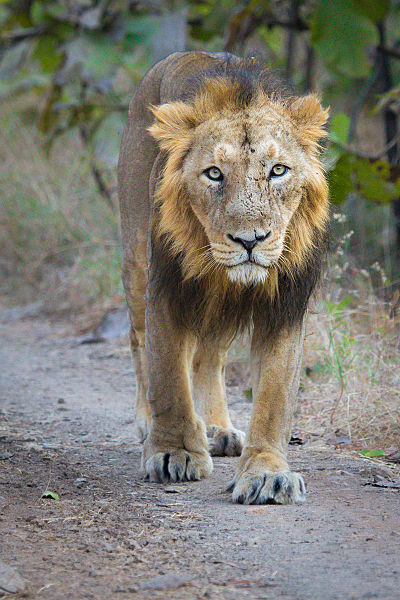According to Species concepts
There are at least 26 recognized species concepts
And according to Why are lions and tigers considered different species (not sure how reliable this source is though, but I've seen exactly the same answer in another website)
The reason tigers and lions are different species is because of different behaviours, different habitats, different social hierarchies, and they each have their own subset of genes that they share within their species (like the genes for stripped fur or for manes).
Now, I'm not sure about "social hierarchies" (which I'm sure it's a fuzzy concept) , but there are different breeds of dogs with different behaviors, living in different habitats, and there has to be differences in genes in different breeds, since even in humans populations there are 1% of differences in genes and according to other sources more. Then my question is, since Tigers and Lions are closed to each other to the point they can produce offsprings, is there any of those 26 definitions of species where lions and tigers are the same species?

